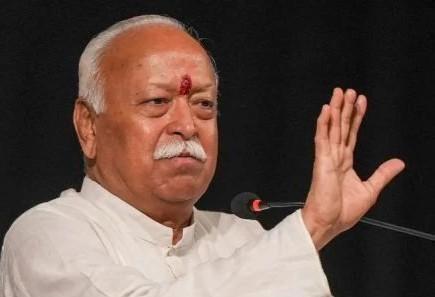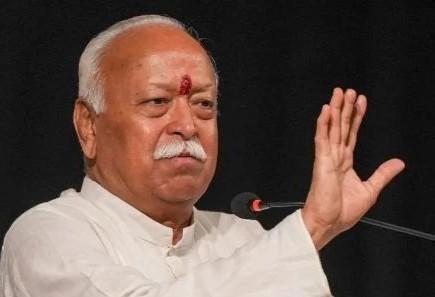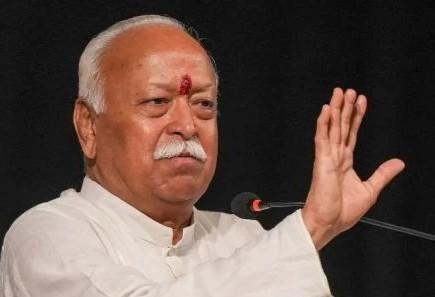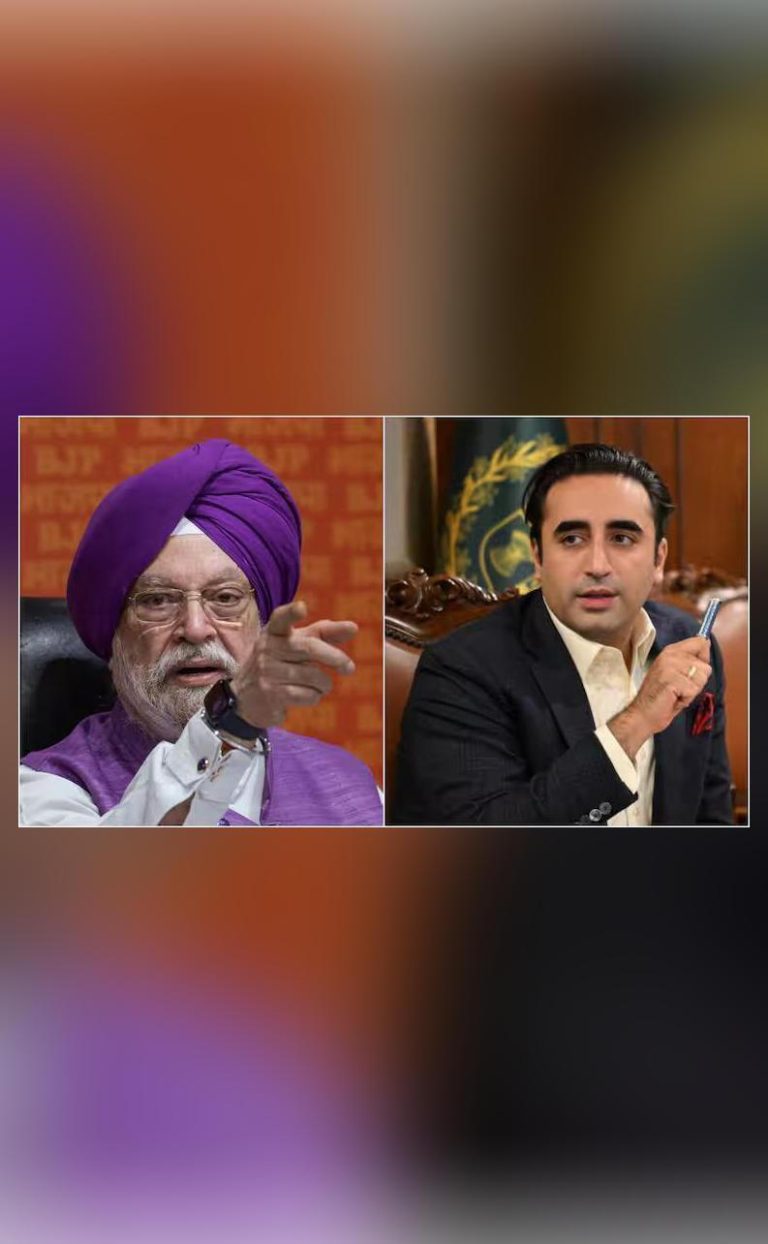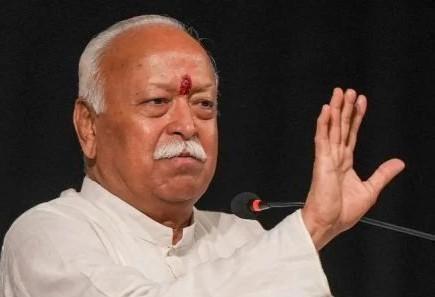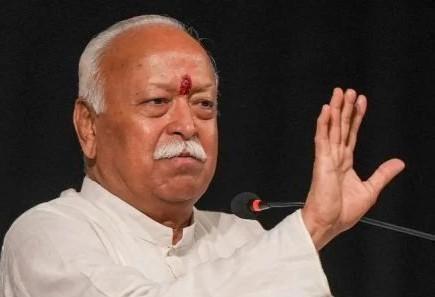
Title: Even Mahatma Gandhi used ‘your faithful servant’ in communication to Britishers: SC to Rahul
The recent controversy surrounding Congress leader Rahul Gandhi’s remarks about freedom fighter VD Savarkar has taken a new turn with the Supreme Court’s intervention. The court has stayed criminal defamation proceedings against Rahul Gandhi, citing a historical precedent that even Mahatma Gandhi, the father of the nation, used the term “your faithful servant” while addressing the British Viceroy.
The Supreme Court’s observation was made during a hearing on a plea filed by Rahul Gandhi’s counsel, Abhishek Manu Singhvi, seeking to quash the criminal defamation proceedings initiated by BJP MLA Kirit Somaiya. The court’s remarks have sparked a heated debate about the use of language and the need to respect historical figures.
During the hearing, the Supreme Court bench, comprising Justices S K Kaul and A S Oka, asked Rahul Gandhi’s counsel, “Does your client know that Mahatma Gandhi also used ‘your faithful servant’ while addressing the Viceroy?” The bench made this observation while referring to a letter written by Gandhi to Lord Chelmsford, the then Viceroy of India, in 1917.
The letter, which is widely available in public domain, is a testament to Gandhi’s ability to use diplomacy and tact while communicating with the British authorities. In the letter, Gandhi addresses the Viceroy as “your faithful servant” and expresses his willingness to work with the British government to bring about reforms in India.
The Supreme Court’s observation has sparked a debate about the use of language and the need to respect historical figures. While some have argued that Rahul Gandhi’s remarks were disrespectful and hurtful, others have defended his right to express his opinions.
The controversy surrounding Rahul Gandhi’s remarks began when he addressed a rally in Bhandara, Maharashtra, and made some derogatory remarks about Savarkar. The BJP MLA Kirit Somaiya filed a complaint against Rahul Gandhi, alleging that his remarks were defamatory and hurtful to the sentiments of the people of Maharashtra.
The Supreme Court’s stay on the criminal defamation proceedings has given Rahul Gandhi a reprieve, but the controversy is unlikely to die down anytime soon. The debate about the use of language and the need to respect historical figures is likely to continue, with both sides presenting their arguments.
In conclusion, the Supreme Court’s observation about Mahatma Gandhi’s letter to the Viceroy is a timely reminder of the importance of respect and dignity in communication. While individuals have the right to express their opinions, they must also be mindful of the sentiments and feelings of others. The controversy surrounding Rahul Gandhi’s remarks is a reminder that language has the power to both unite and divide, and it is up to us to use it responsibly.
